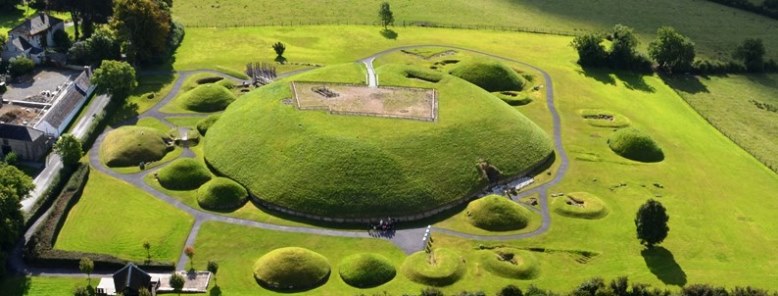-
Courses

Courses
Choosing a course is one of the most important decisions you'll ever make! View our courses and see what our students and lecturers have to say about the courses you are interested in at the links below.
-
University Life

University Life
Each year more than 4,000 choose University of Galway as their University of choice. Find out what life at University of Galway is all about here.
-
About University of Galway

About University of Galway
Since 1845, University of Galway has been sharing the highest quality teaching and research with Ireland and the world. Find out what makes our University so special – from our distinguished history to the latest news and campus developments.
-
Colleges & Schools

Colleges & Schools
University of Galway has earned international recognition as a research-led university with a commitment to top quality teaching across a range of key areas of expertise.
-
Research & Innovation

Research & Innovation
University of Galway’s vibrant research community take on some of the most pressing challenges of our times.
-
Business & Industry

Guiding Breakthrough Research at University of Galway
We explore and facilitate commercial opportunities for the research community at University of Galway, as well as facilitating industry partnership.
-
Alumni & Friends

Alumni & Friends
There are 128,000 University of Galway alumni worldwide. Stay connected to your alumni community! Join our social networks and update your details online.
-
Community Engagement

Community Engagement
At University of Galway, we believe that the best learning takes place when you apply what you learn in a real world context. That's why many of our courses include work placements or community projects.
Research Postgraduate

Visit the University's Courses Page for information on how to apply, entry requirements, career options and assessment.
We offer both a traditional PhD and a structured PhD.
Archaeology in NUI Galway offers supervision in a wide range of topics within prehistory, medieval and historical archaeology as well as public archaeology. For details of staff research fields please see the discipline research web pages.
Each student is assigned a primary supervisor. In addition the Graduate Research Committee made up of experienced researchers assists you in planning your programme of study and provides on-going support to your research. Each year we produce an Archaeology Graduate Handbook with relevant information for Graduate Research Students.
Desk space is provided for all research students in the archaeology research rooms, resulting in daily and informal interaction with the staff. We organise regular postgraduate seminars and guest lectures.
Structured PhD in Archaeology
The Structured PhD in Archaeology is a four-year, full-time programme of study and research. The credit rating of the Structured PhD is 360 ECTS spread over 4 years. Of these 40 ECTS will be allocated to taught modules.
Applicants must have a high honours standard in their primary degree or present such other evidence of fitness which will satisfy the Head of discipline and the College of Arts, Social Sciences and Celtic Studies.
As part of the doctoral training available on the Structured PhD programme, students select from a range of interdisciplinary taught modules (40 ECTS), allowing for each student’s course to be tailored to the research needs of her/his dissertation topic. The wide menu of available options includes modules that:
- are Discipline-Specific in that they augment the student’s existing knowledge in their specialist area, e.g., Introduction to Adobe Photoshop; Introduction to Digital Surveying and Archaeological Specialisms.
- are Dissertation-Specific in that they supply core skills which are essential to completion of the research project.
- acknowledge a student’s professional development, e.g., presentation of a paper at an International Conference and core surveying skills.
- enhance a student’s employability through generic training.


















